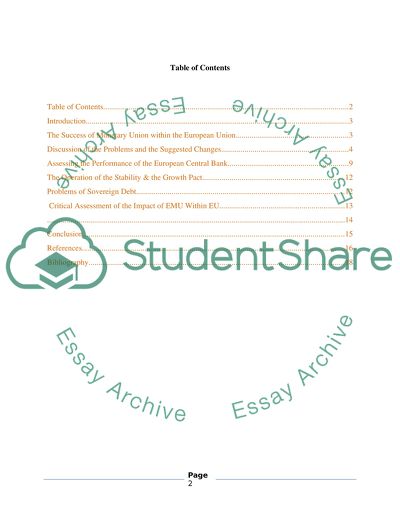Cite this document
(“Critically Assess Whether Monetary Union Within The EU Has Been Essay”, n.d.)
Retrieved from https://studentshare.org/macro-microeconomics/1440673-critically-assess-whether-monetary-union-within
Retrieved from https://studentshare.org/macro-microeconomics/1440673-critically-assess-whether-monetary-union-within
(Critically Assess Whether Monetary Union Within The EU Has Been Essay)
https://studentshare.org/macro-microeconomics/1440673-critically-assess-whether-monetary-union-within.
https://studentshare.org/macro-microeconomics/1440673-critically-assess-whether-monetary-union-within.
“Critically Assess Whether Monetary Union Within The EU Has Been Essay”, n.d. https://studentshare.org/macro-microeconomics/1440673-critically-assess-whether-monetary-union-within.


